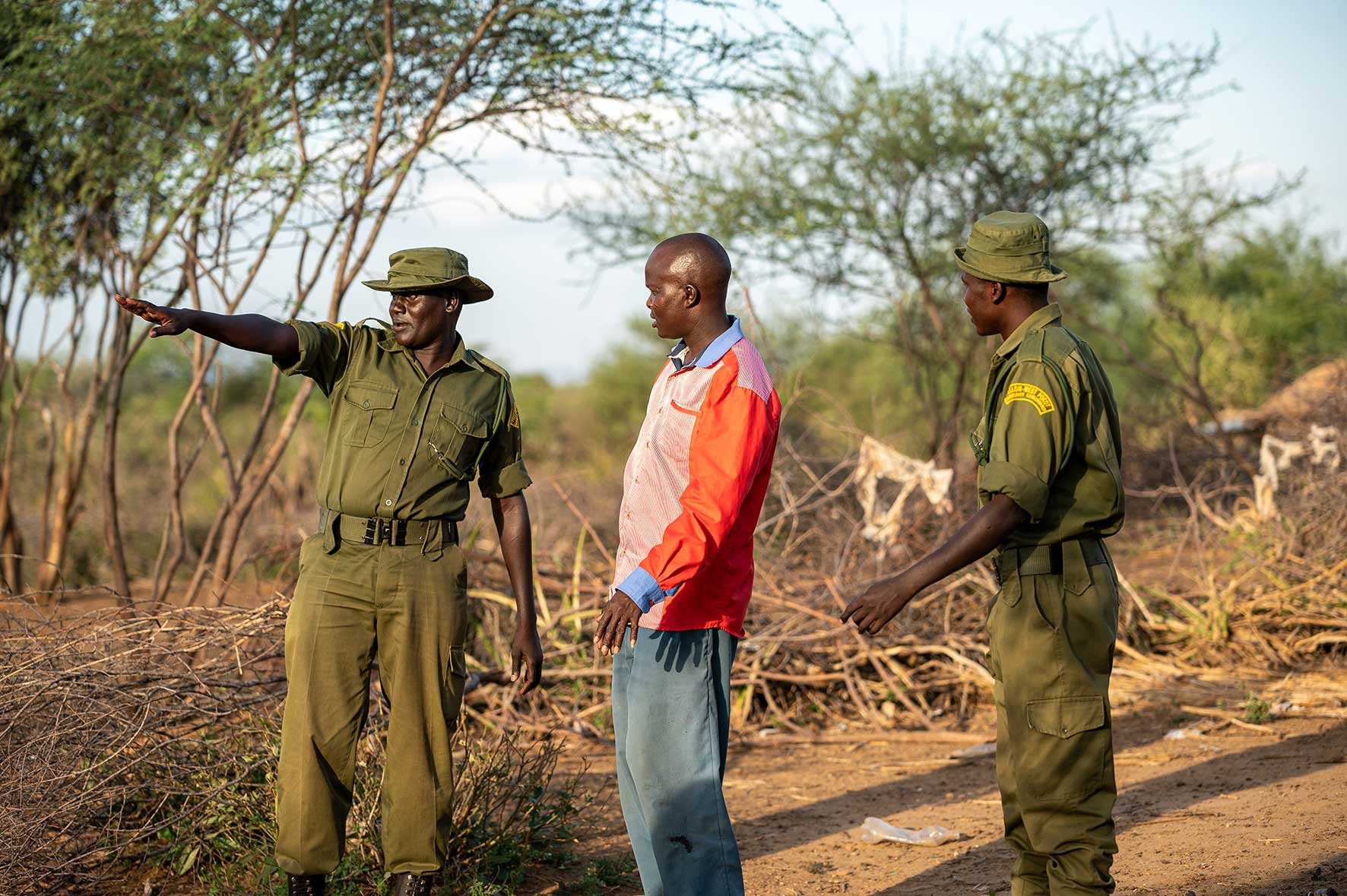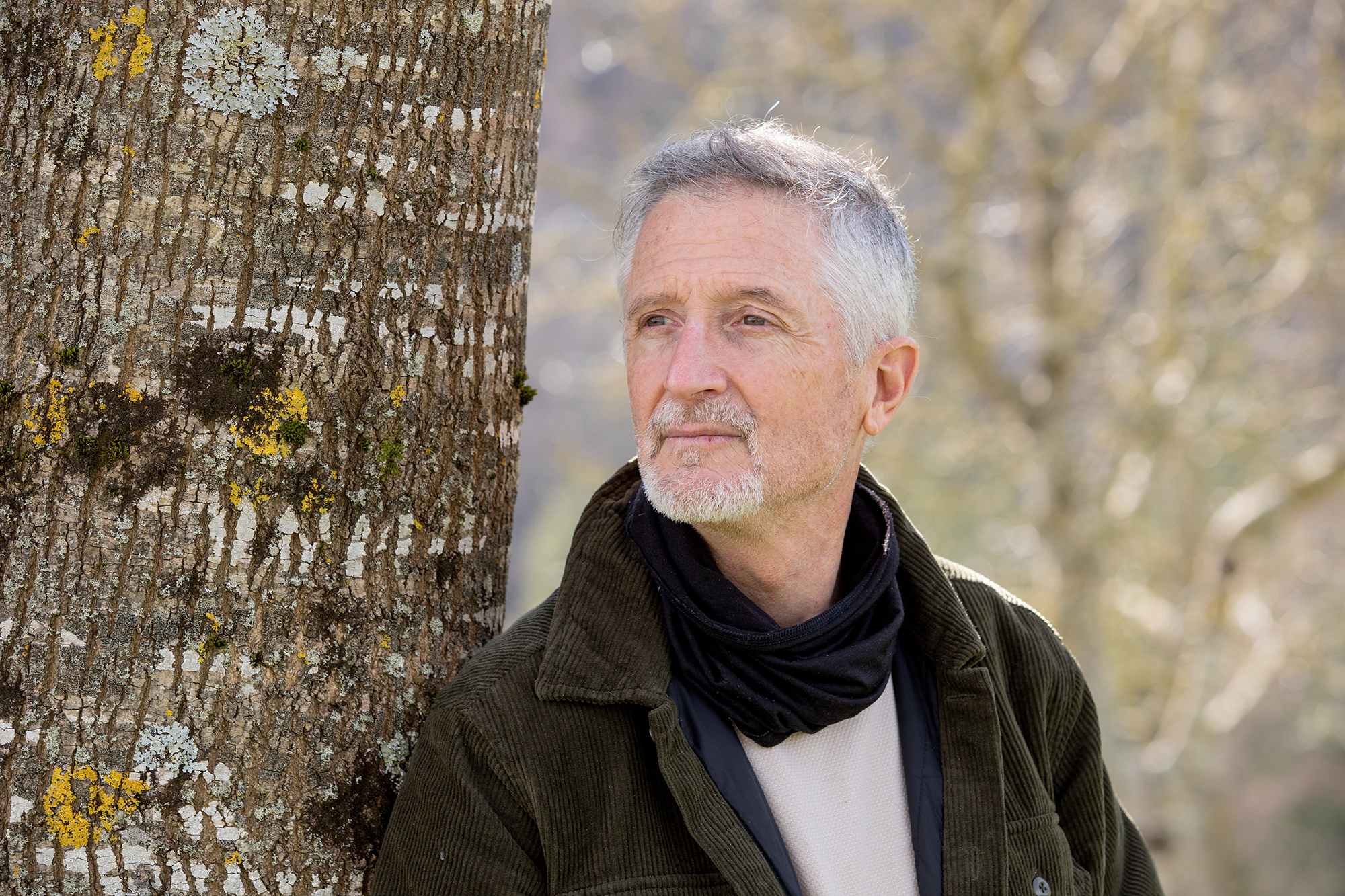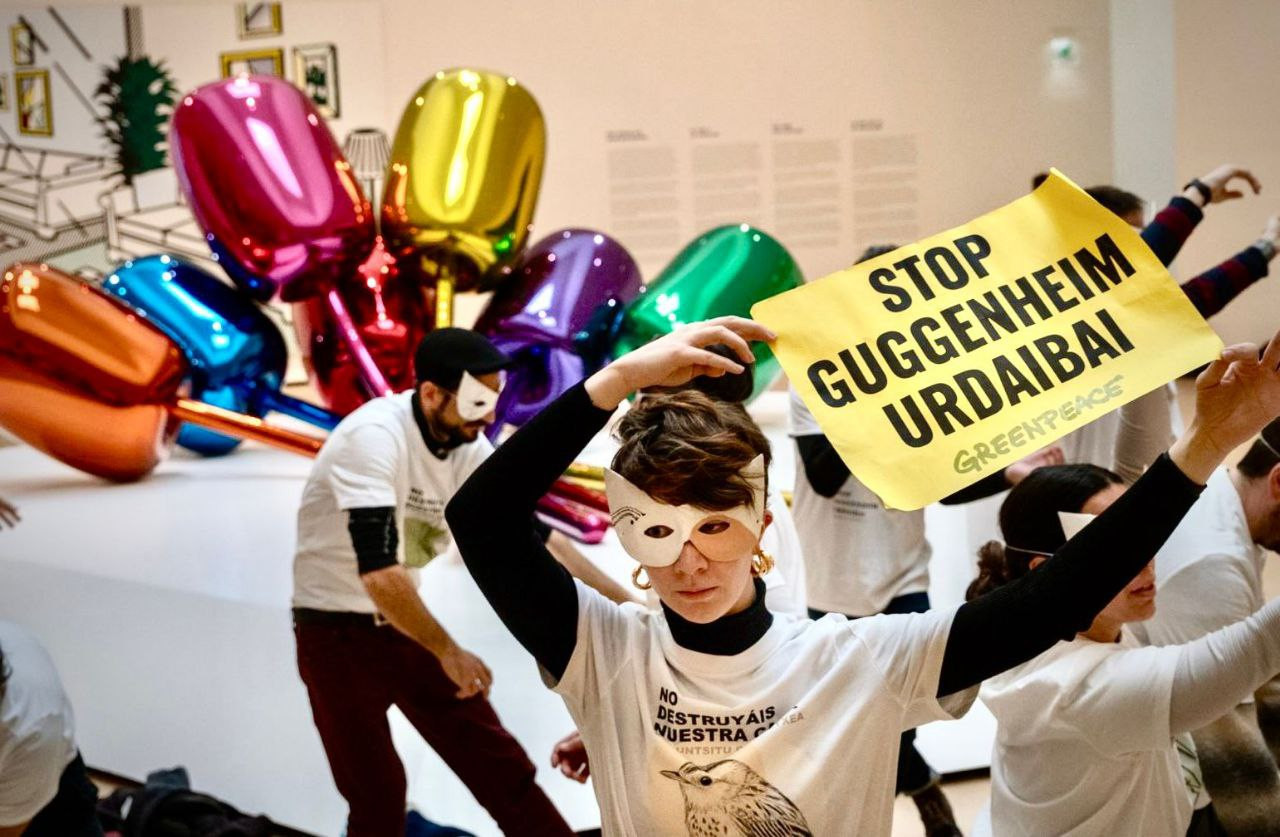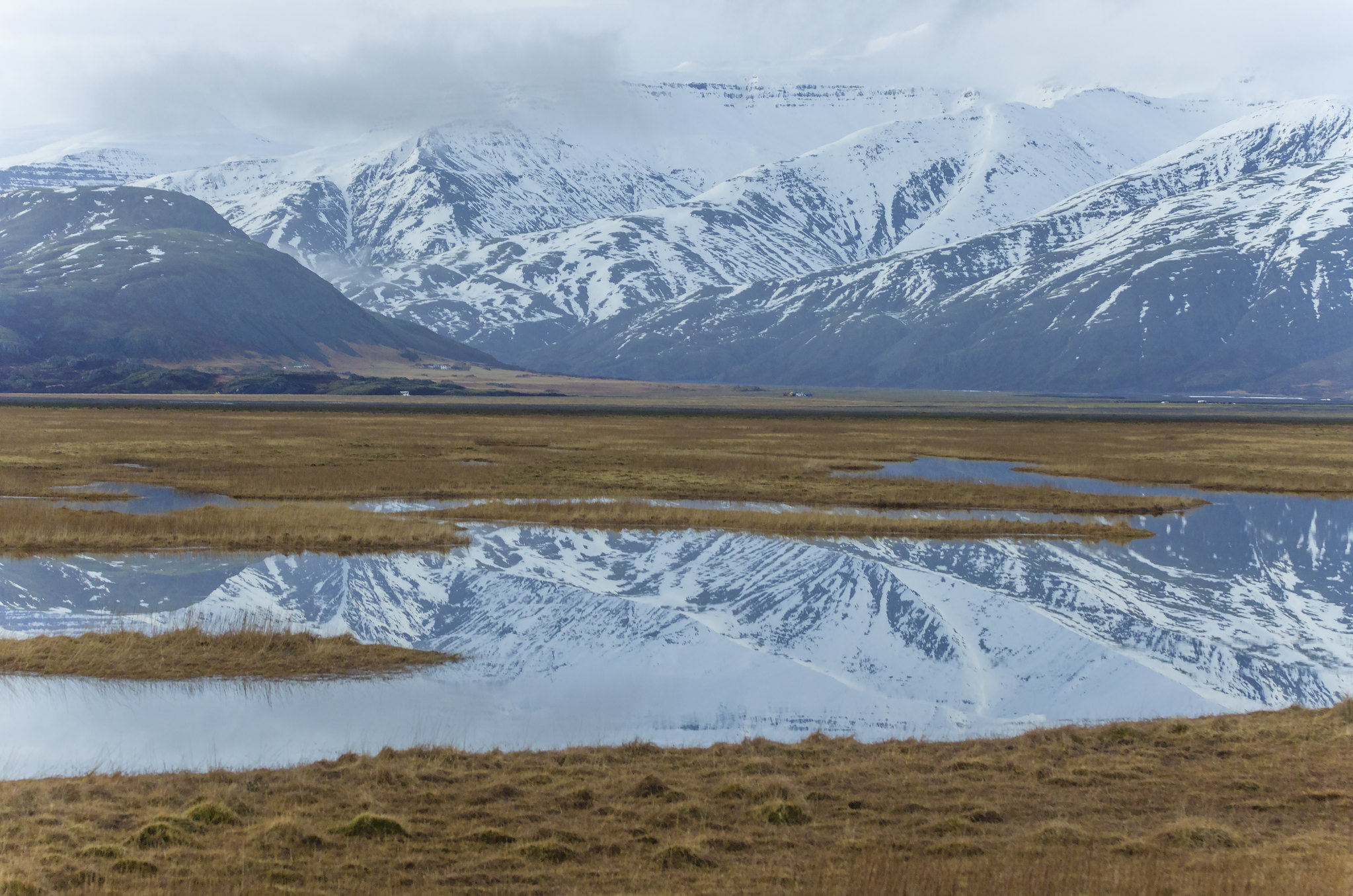Instead of avoiding climate change, adapting it to the situation: obvious shortcomings in economic rationality
- Last February, the French Environment Minister, Christophe Béchu, had to prepare us for the four-degree warming that can occur in the story. Hearing this statement and just out of the summer of 2022, marked by extraordinary fires and droughts, many thought the state was ending up in danger. Despite the Minister’s denial, industrialised countries beyond France have long chosen, rather than avoiding, to adapt to climate change.

In 1976, US Living with Climate Change: Phase II ("Living with Climate Change: 2. The military cabinet organized the Mitre Corporation, a congress called "Phase." The entry briefly mentioned climate warming, which was considered accidental. Instead, the main issue was economic impact. While the cultivation was considered vulnerable, they considered it sufficient to move the production areas north (in the idea that change was so simple..). In this regard, the last chapter of the Changing Climate report, which was produced in 1983 by the Academy of Sciences EE.UU, recognized that heating would affect crops, but the primary sector was hardly important in the national economy (dollars). It was expected that some regions would suffer disasters, but their sacrifice was considered necessary – although it was acknowledged that compensation would have to be paid – without this action would have prevented the growth of the other regions (dollars). In the United Kingdom, in 1989, the Margaret Thatcher Government carried out a similar study, and the Ministry of Agriculture explained that the measures should be very tough to be effective and that the economic competitiveness of the Kingdom would be seriously affected – and then there too it was decided not to take that path. The Ministry of Energy added that UK emissions accounted for only 3% of global emissions (largely forgetting accumulated historical emissions), and that with the increase in China this percentage would become lower. They therefore prioritized that the effort should focus more on adaptation than on avoiding climate change.
Although physics, climatology and history are deluding, economic arguments remain in place to avoid climate change.
Forgetting historical responsibilities, taking money as a measure of reality and competition as the only international route, rather than cooperating, the components of a well-known cocktail were already ready.
Economists in the middle
At the same time, economist William Nordhaus began to calculate optimal climate warming in economic terms, taking into account, on the one hand, the cost of measures to reduce climate change and, on the other hand, the cost of the effects of climate change. In 2018 he received the Nobel Prize for these works. Its conclusion draws attention: by the end of the century, optimal warming is 4 degrees, in this hypothesis GDP would decrease only 3.6%, and the same would happen if global temperature were less than 4 degrees. In fact, in the last Ice Age, the global temperature was 4 degrees below the current... how can we imagine that changing this amount would affect less than the 2008 crisis in our economies? Steve Ke's economist showed that Nordhausen's work is based on a weak hypothesis (even though the relationship between the temperature of cities within the United States and GDP is not rare) and questions the credibility of the findings. On the contrary, the Intergovernmental Panel on Climate Change (IPCC), based not on the economy but on atmospheric physics, notes that with warming 1.5 to 2 degrees there are millions of dollars. In this interval, avoiding warming is 70 times cheaper than solving the effects of warming. Why then do we continue to serve economists and climatologists so much?
It's a matter of ideology.
In 1990, an article entitled Global Environmental Forces, written by the Nobel Prize laureate for economics Thomas Schelling, well reflects the concepts in force at the time and gives us keys to understanding the choices made in their context. There you can see four main ideas: (1) adaptability is greater than risk (because technical development and increased productivity will help us overcome the problem); (2) the only criterion is the measure of costs and benefits, according to which investing in fossil fuels is positive, because it generates growth and improves adaptability; (3) diplomacy is gacuous and in a context of competition there is no common interest; (4) have been many changes throughout history.
Although economist William Nordhaus’s work is based on a weak hypothesis, he received the Nobel Prize in 2018
for his climate work
On the third point, it is true that the highest interests of mankind have not so far been applied to the foreground, and this has to do with the cold war and subsequent globalization. However, physics gives us strong arguments against the other three: in a world where minerals and energies are limited, productivity will not increase indefinitely and as long as risks multiply, we will have less physical resources to deal with them; without taking into account the multiplied risks and the points of contraction, a realistic test cannot be done; and in the history of human beings there has never been so much warming as now, and that it can overcome our capacity for adaptation.
But this "rationality" of Schelling's approach is significant for decision-makers, although it is physically not feasible, and by synthesizing economic, geopolitical and technical arguments, it provides them with a very powerful ideology, which fully fits into the decision-making centers' value system. This ideology has facilitated cuts and delays in efforts to prevent climate change – without decisions ever being made, without debate and without informing the public, especially those already on the front line of climate change. There have been many criticisms focused on this perspective, but these criticisms have not achieved what Schelling has achieved: to impose a narrative.
Perhaps it is the challenge of those who want society to take climate change seriously: to make a synthesis between physical, ecosystemic and social arguments, to create a strong narrative that adheres to the system of values of those who want to put humanity in the forefront.
Lurrak guri zuhaitzak eman, eta guk lurrari egurra. Egungo bizimoldea bideraezina dela ikusita, Suitzako Alderdi Berdearen gazte adarrak galdeketara deitu ditu herritarrak, “garapen” ekonomikoa planetaren mugen gainetik jarri ala ez erabakitzeko. Izan ere, mundu... [+]
Eskola inguruko natur guneak aztertu dituzte Hernaniko Lehen Hezkuntzako bost ikastetxeetako ikasleek. Helburua, bikoitza: klima larrialdiari aurre egiteko eremu horiek identifikatu eta kontserbatzea batetik, eta hezkuntzarako erabiltzea, bestetik. Eskola bakoitzak natur eremu... [+]
Agintari gutxik aitortzen dute publikoki, disimulurik eta konplexurik gabe, multinazional kutsatzaileen alde daudela. Nahiago izaten dute enpresa horien aurpegi berdea babestu, “planetaren alde” lan egiten ari direla harro azpimarratu, eta kutsadura eta marroiz... [+]
Biologian doktorea, CESIC Zientzia Ikerketen Kontseilu Nagusiko ikerlaria eta Madrilgo Rey Juan Carlos unibertsitateko irakaslea, Fernando Valladares (Mar del Plata, 1965) klima aldaketa eta ingurumen gaietan Espainiako Estatuko ahots kritiko ezagunenetako bat da. Urteak... [+]
Nola azaldu 10-12 urteko ikasleei bioaniztasunaren galerak eta klima aldaketaren ondorioek duten larritasuna, “ez dago ezer egiterik” ideia alboratu eta planetaren alde elkarrekin zer egin dezakegun gogoetatzeko? Fernando Valladares biologoak hainbat gako eman dizkie... [+]
Eskoziako Lur Garaietara otsoak itzularazteak basoak bere onera ekartzen lagunduko lukeela adierazi dute Leeds unibertsitateko ikertzaileek.. Horrek, era berean, klima-larrialdiari aurre egiteko balioko lukeela baieztatu dute, basoek atmosferako karbono-dioxidoa xurgatuko... [+]

















_Glaciar.png)




